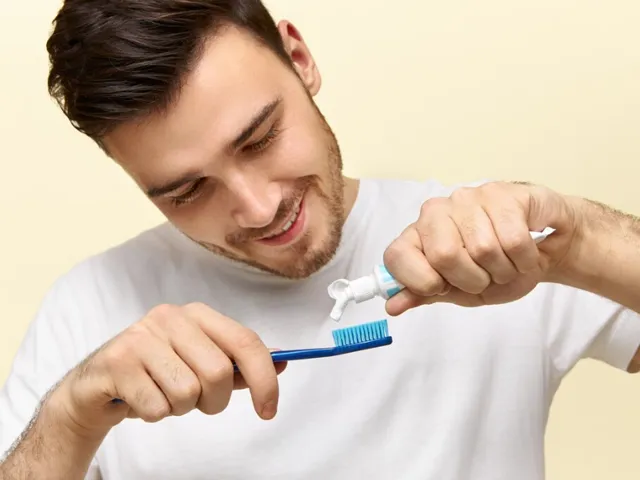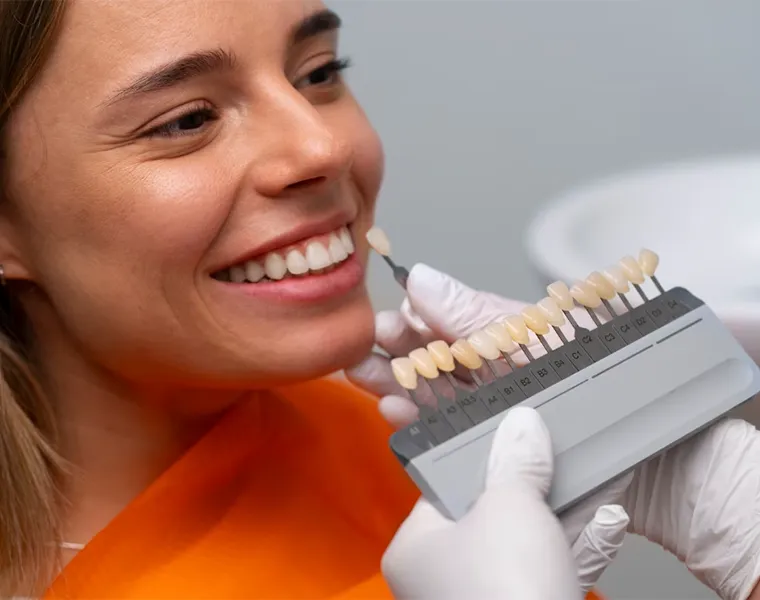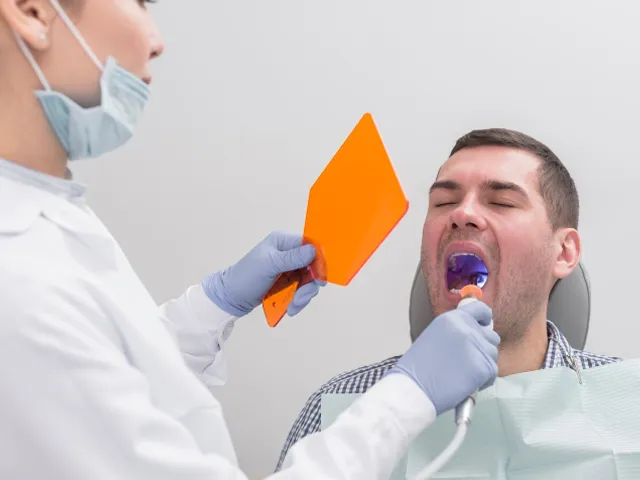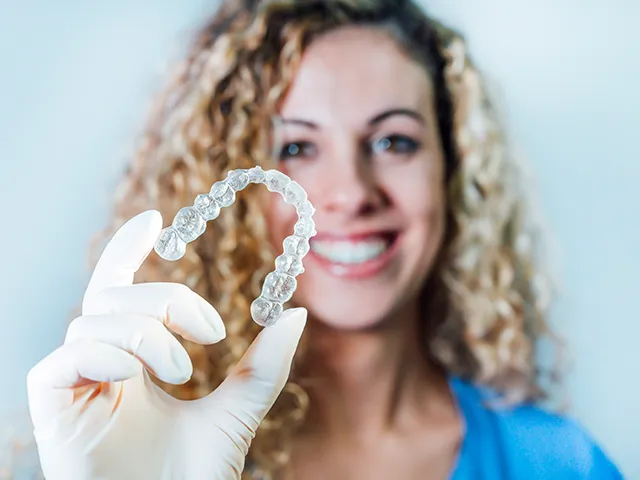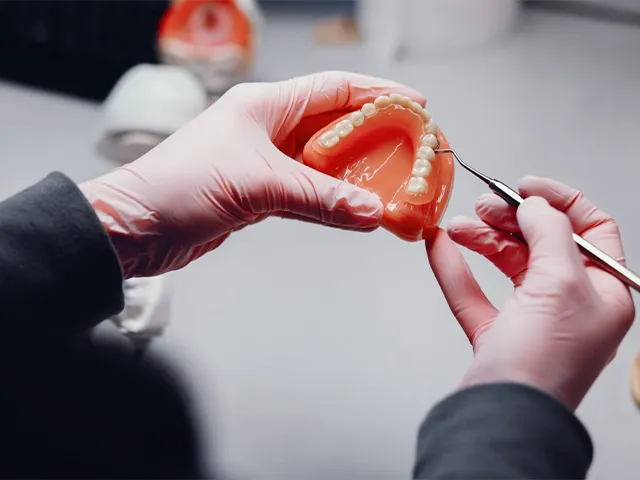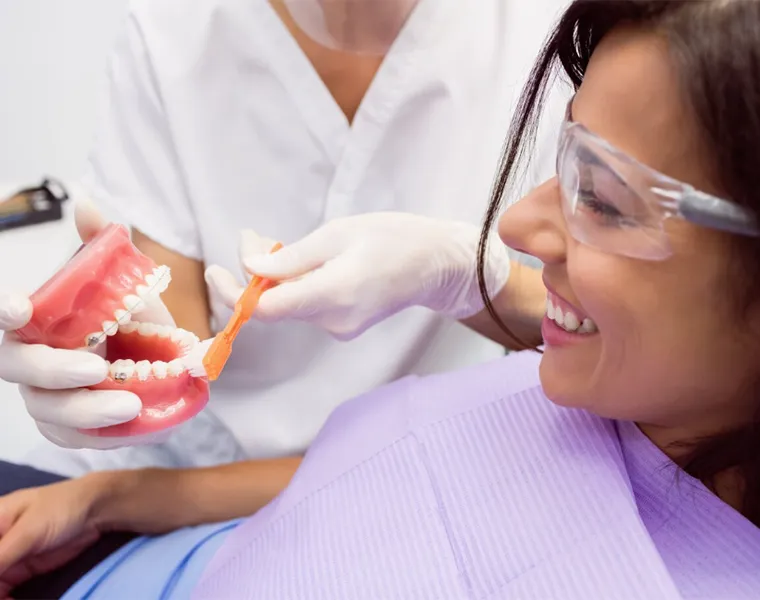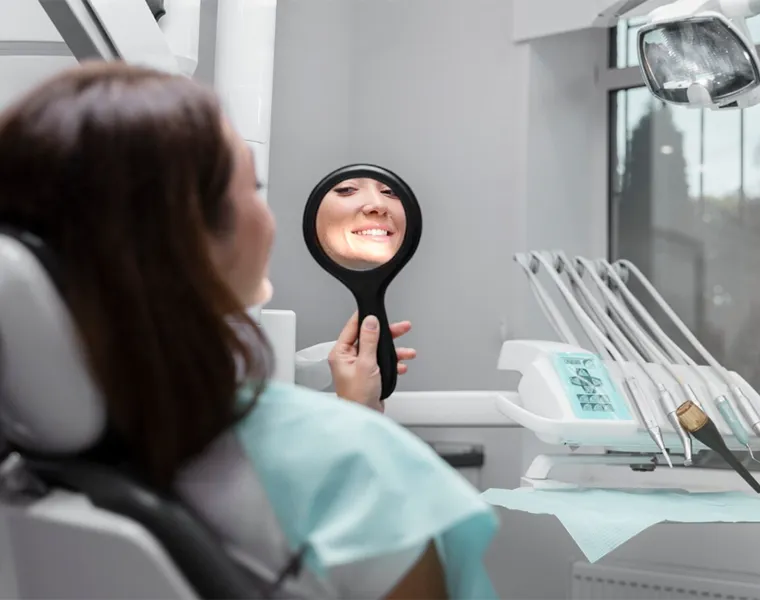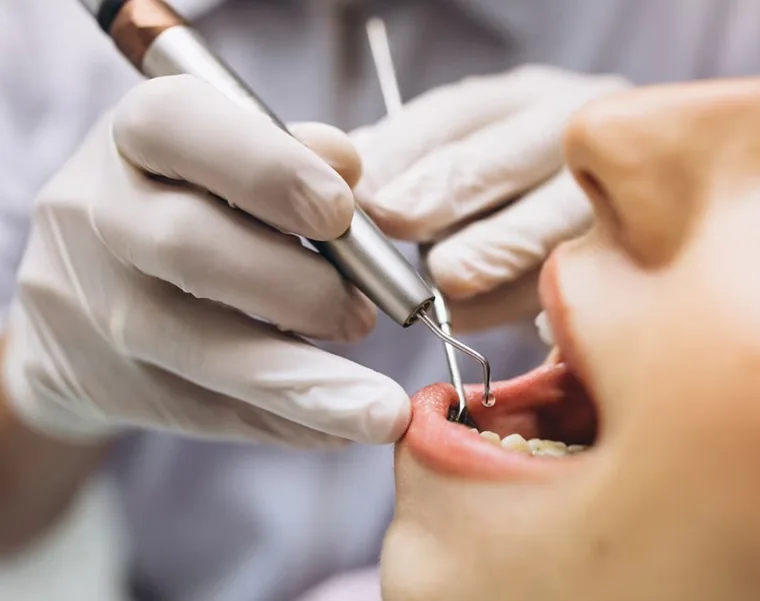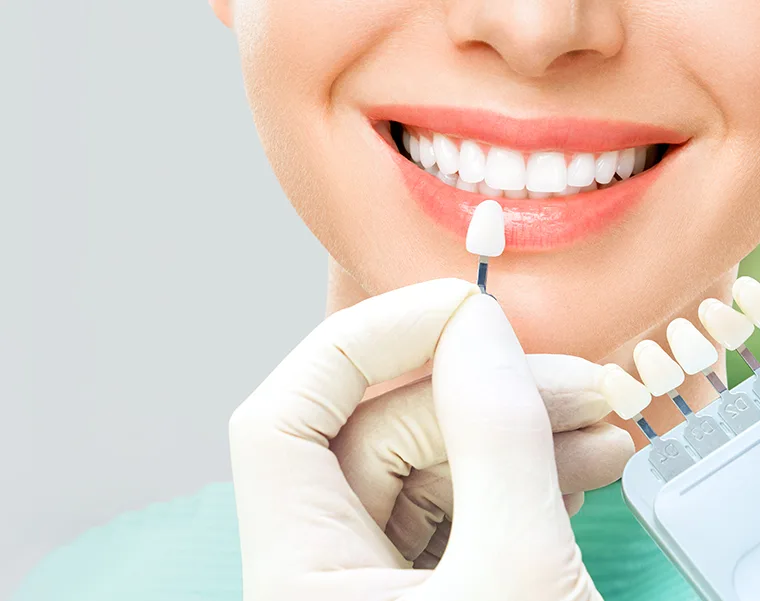Dentures are prosthetic teeth used instead of natural teeth. It offers both an aesthetic and functional solution for individuals who have lost their teeth for various reasons. Dentures facilitate daily activities such as eating, speaking and laughing. These prostheses are classified as full partial dentures according to the number of missing teeth. They are individually designed depending on the type of tooth loss and the needs of the patient.
Dentures also help to eliminate aesthetic concerns caused by missing teeth. In addition, it prevents the surrounding natural teeth from shifting and supports the protection of the jaw structure. The modern dentures used today are made of durable materials, providing a longer lasting and comfortable use. With regular maintenance, the functionality and appearance of dentures can be maintained for a long time. In addition, the suitability of dentures and oral health should be monitored regularly with dentist checks.
Types of Dentures
Dentures offer aesthetic and functional solutions for individuals who have lost teeth. Today, dentures are produced in various types in accordance with different needs. These applications, also known asdentures, offer both fixed and removable options. This diversity allows patients to choose the most suitable prosthesis for their lifestyle and oral structure.
One of the most common types of dentures is fixed dentures, also known as permanent dentures. These are fixed to the jawbone or existing teeth to permanently replace missing teeth. Aesthetically very close to the appearance of natural teeth, these prostheses are known for their longevity.

Removable dentures, on the other hand, were developed to replace missing teeth for temporary or variable needs. These prostheses can be easily fitted and removed and are generally preferred for patients with a high number of missing teeth. Dentures known ashalf-palate dentures are also used for partial tooth loss.
The types of dentures are as follows:
- Fixed dentures: Permanently placed, high-strength dentures.
- Partial removable dentures: Removable dentures that replace missing teeth.
- Full removable dentures: Dentures used in cases of complete tooth loss.
In case of tooth loss, it is important to consult a dentist to choose the appropriate prosthesis. Prostheses selected with expert advice help to restore both aesthetic appearance and chewing functions.
How Does the Knocking of the Denture Go Away?
In the first days of denture use, irritation and knocking problems may occur as the tissues in the mouth try to adapt to the new prosthesis. This is usually caused by the denture not fitting properly into the oral structure. Knocking complaints are common in upper jaw prostheses or in individuals using hooked teeth. Pressures that occur during the fixation of dentures can cause painful areas and redness.
So how does the denture knocking go away? There are several methods for the prevention and treatment of such discomfort:
- Dental check-ups: Have the denture checked regularly for proper fit.
- Protective creams and gels: Protect the skin from irritation and can reduce the sensation of knocking.
- Salt water mouthwash: Reduces swelling in irritated areas and reduces the risk of infection.
Thanks to modern prosthetic technologies, the new generation of prostheses is designed to minimize these problems. In addition, problems of knocking can be largely prevented with proper impression taking and customized prostheses according to individual needs. Upper palate tooth prices and the costs of other types of dentures may vary according to this level of customization. The most important step in this process is to ensure a comfortable use of dentures with the care and regular checks recommended by the physician.

How to Clean Dentures?
Cleaning dentures is very important both to maintain oral hygiene and to prolong the life of the dentures. Prostheses used within the scope of prosthetic dental treatment support chewing and speech functions by replacing natural teeth. However, these prostheses need care just like natural teeth. If daily cleaning is neglected, bacteria and plaque can accumulate, which can lead to bad breath and infections.
For people with fixed dentures, the cleaning process is similar to brushing your teeth. Since fixed dentures are fixed in the mouth, the upper and lower parts of the teeth should be thoroughly cleaned using a toothbrush and dental floss.
Total denture wearers can clean their dentures by removing them. Such dentures should be cleaned with special denture cleaning brushes and solutions. Removing the prosthesis at the end of the day and disinfecting it with warm water and a prosthesis cleaning tablet prevents bacterial growth. Regular care and cleaning ensures that dentures can be used in a healthy way for a long time.
Libredent Oral and Dental Health Polyclinic provides dental treatments, Ankara smile design and many other oral and dental health applications. You can contact us for detailed information and to make an appointment.

